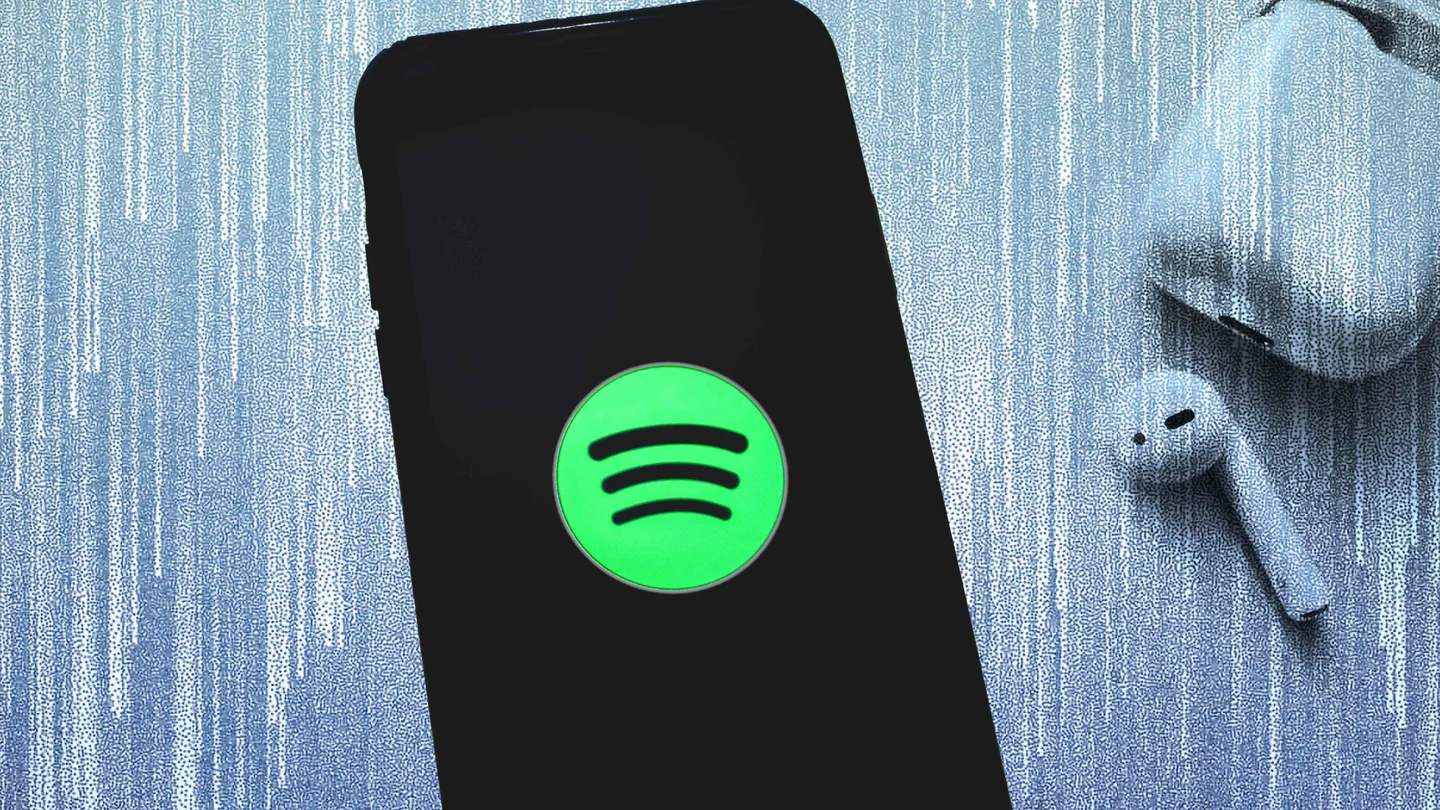Spotify’s foray into the podcast realm has been a journey marked by challenges and uncertainties. The dive into this arena began with the 2019 acquisition of Anchor, a move that has seen a significant 44 percent of all podcasts find a home in a production app. However, the company’s subsequent investments in the podcasting landscape, some of which have been met with controversy, have presented the music-streaming giant with a complex set of dilemmas. Faced with financial problems, Spotify’s management embarked on a mission to identify cost-saving opportunities, even if that meant making difficult decisions about the very podcasts that could ease their financial pressures.
Read More: What are the reasons behind the subpar video quality of Google Pixel phones?
Internal documents reviewed by Bloomberg on Aug. 17 revealed recent consideration within Spotify of possibly ending several very popular white noise and ambient noise podcasts. This strategic move was intended to increase the company’s annual gross profit by a substantial $38 million. While this proposition may seem counter-intuitive on the surface, its rationale comes from the underlying algorithms that underlie Spotify’s operations.
Notably, white noise podcasts have garnered a staggering 3 million daily hours of consumption on the Spotify platform, largely due to their classification as “spoken” content rather than music. An earlier revelation this year revealed that creators of such ambient series could rack up impressive earnings of up to $18,000 a month through their podcasts. Unfortunately for Spotify, only a fraction of that revenue made it to the company’s coffers. The proposed solution, according to internal documents, included removing those shows from the platform’s discussion channel, banning similar content from being uploaded in the future, and directing listeners to “comparable programming”.
Although the specific nature of these “comparable” programs was not explicitly detailed in the documents, it is speculated that the redirects could include content designed to induce sleep and reduce anxiety. In theory, this strategic shift could lead to an increase in advertising revenue for Spotify. However, this potential improvement may come at the cost of disappointing loyal users who have come to enjoy their favorite laid-back playlists.
It’s worth noting that a Spotify spokesperson confirmed that the intended strategic shift ultimately did not materialize. Still, some podcasters focusing on ambient and white noise content have recounted recent challenges they’ve faced with their episodes on the Spotify platform. For example, in one case, a recorded episode disappeared for approximately three weeks, resulting in a loss of approximately 50,000 downloads per day for the creator. Similarly, another separate upload saw a 10-day disappearance, causing a drop of 20,000 downloads per day. These incidents have left creators scrambling to regain lost viewership, highlighting the complexity and potential pitfalls of distributing podcasts on a major streaming platform like Spotify.

